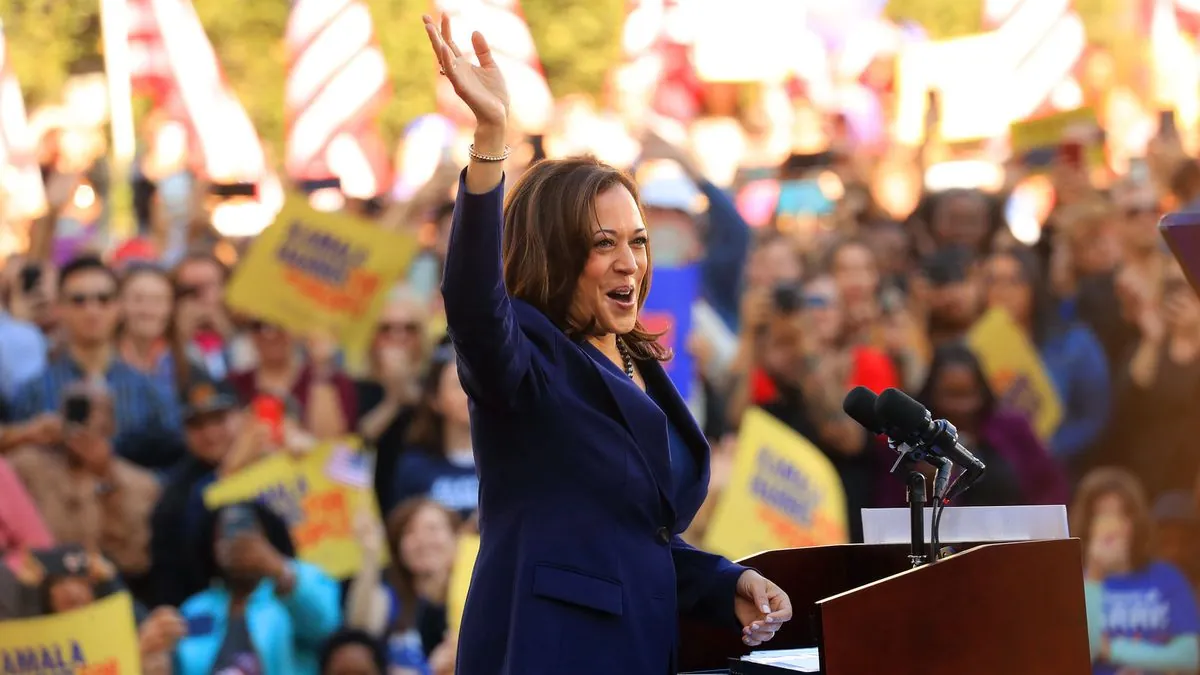Vice President Kamala Harris is set to participate in a significant interview with reporters from the National Association of Black Journalists (NABJ) in Philadelphia. This event, scheduled for September 18, 2024, marks a pivotal moment in her presidential campaign strategy, particularly as early voting commences in several crucial states.
The interview represents Harris's first extensive engagement with a panel of journalists since the launch of her campaign on July 21, 2024. This media appearance is part of a broader effort to connect with Black voters and present a stark contrast to former president Donald Trump's controversial interaction with the NABJ in early September.
Harris, an alumna of Howard University, has consistently embraced her Black identity. However, her campaign has notably refrained from centralizing race as a primary issue. This approach has been evident in her response to Trump's recent remarks questioning her racial identity, which she dismissed as "the same old show."
The upcoming conversation may prompt Harris to address critical issues affecting the Black community, including:
- The racial wealth gap
- Bias in the criminal justice system
- Rising cost of living for struggling families
"Her turnout among Black voters has to match, if not exceed, Obama. So she has got to supercharge Black engagement and turnout for sure."
The interview also presents an opportunity for Harris to clarify her stance on various issues where her positions have evolved over time, such as reparations for descendants of enslaved people and federal marijuana legalization.
Recent events may also feature in the discussion, including the potential assassination attempt against Trump at his Florida golf club on September 15, 2024, and baseless claims about Haitian immigrants in Springfield, Ohio.
The NABJ interview, co-hosted by WHYY in Philadelphia, will include journalists Eugene Daniels from Politico, Tonya Mosley of NPR, and Gerren Gaynor from TheGrio. The audience will comprise working journalists and students from local historically Black colleges and universities, underscoring the event's significance in engaging young voters and professionals of color.
As Harris navigates this crucial media appearance, her performance may significantly impact her campaign's momentum and her ability to mobilize Black voters in key swing-state cities like Philadelphia.
